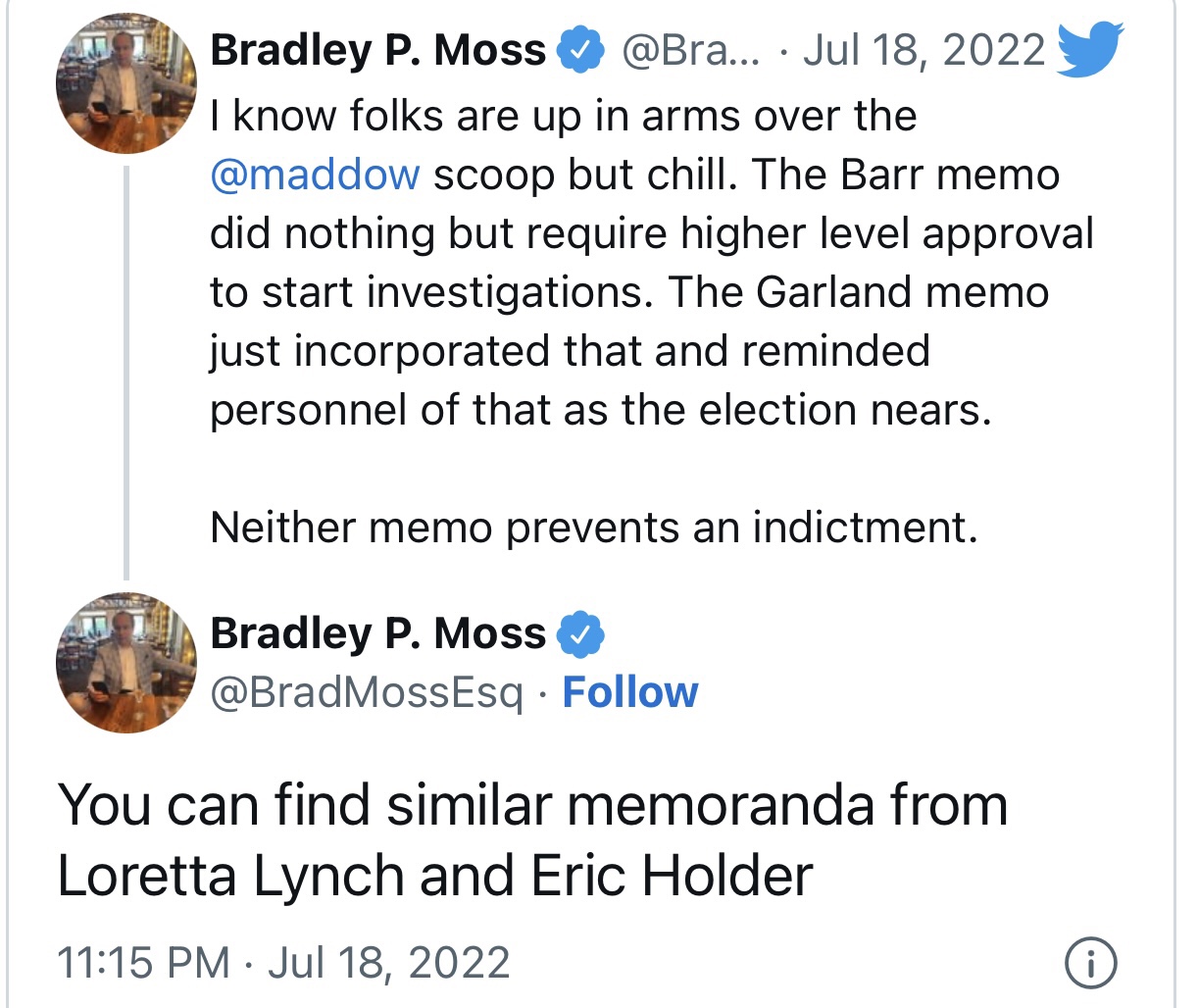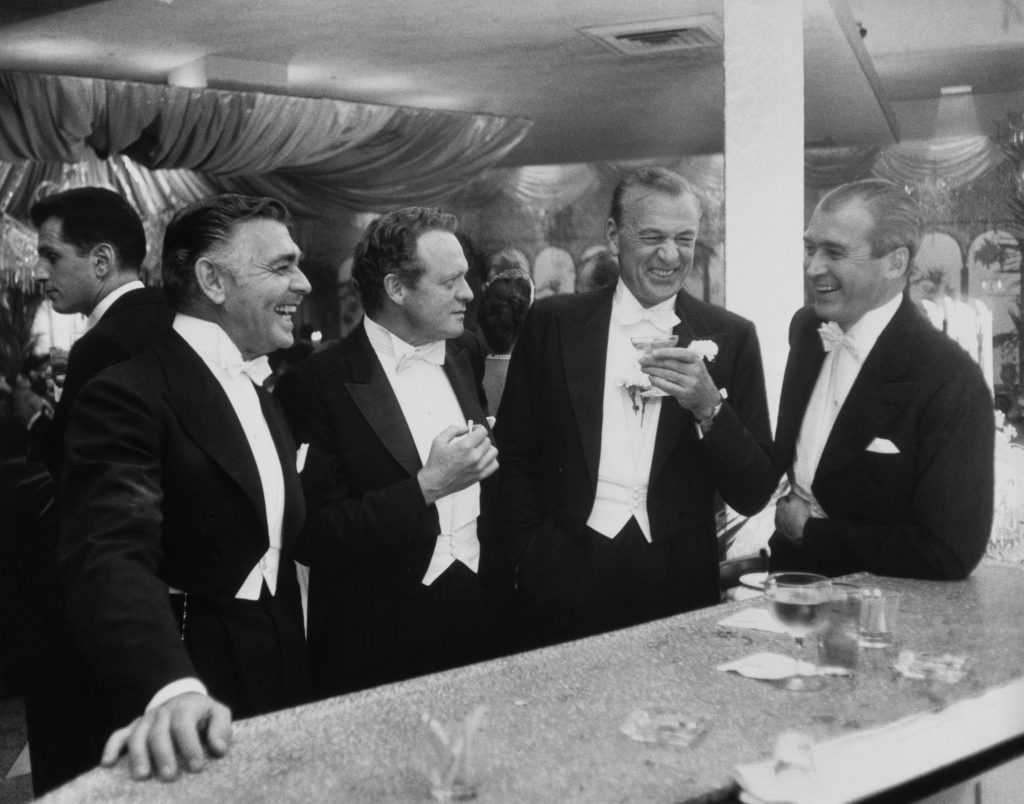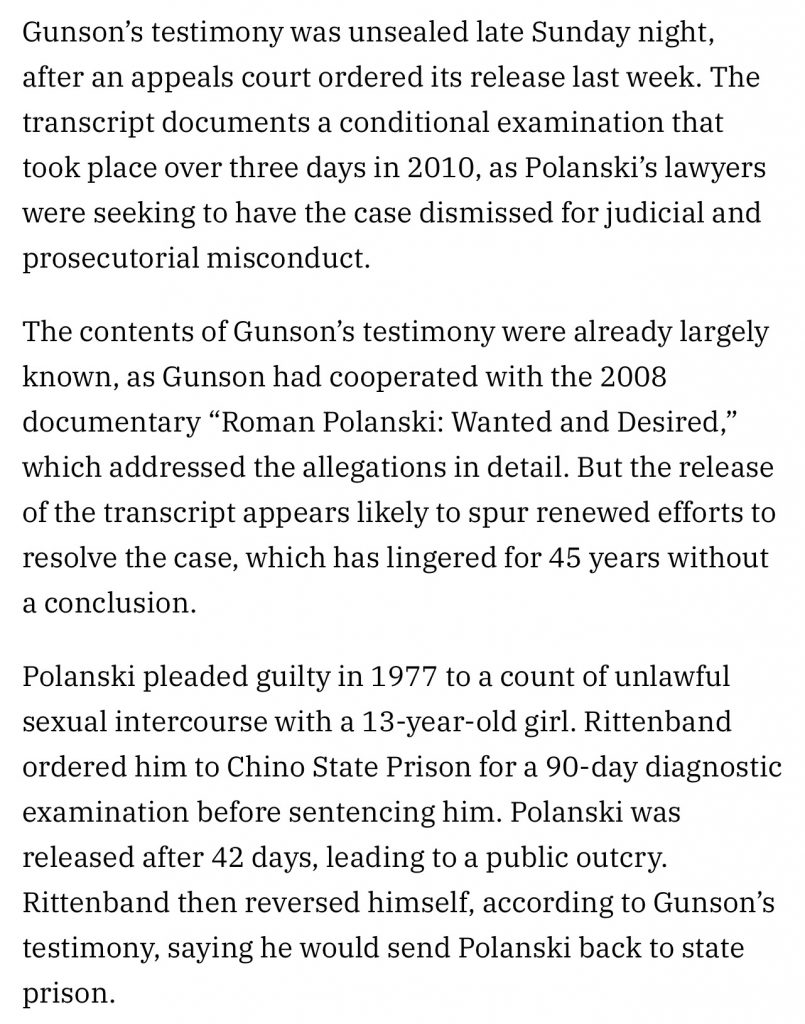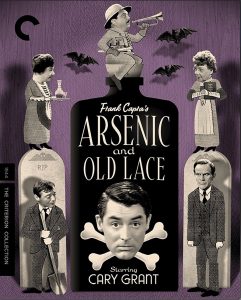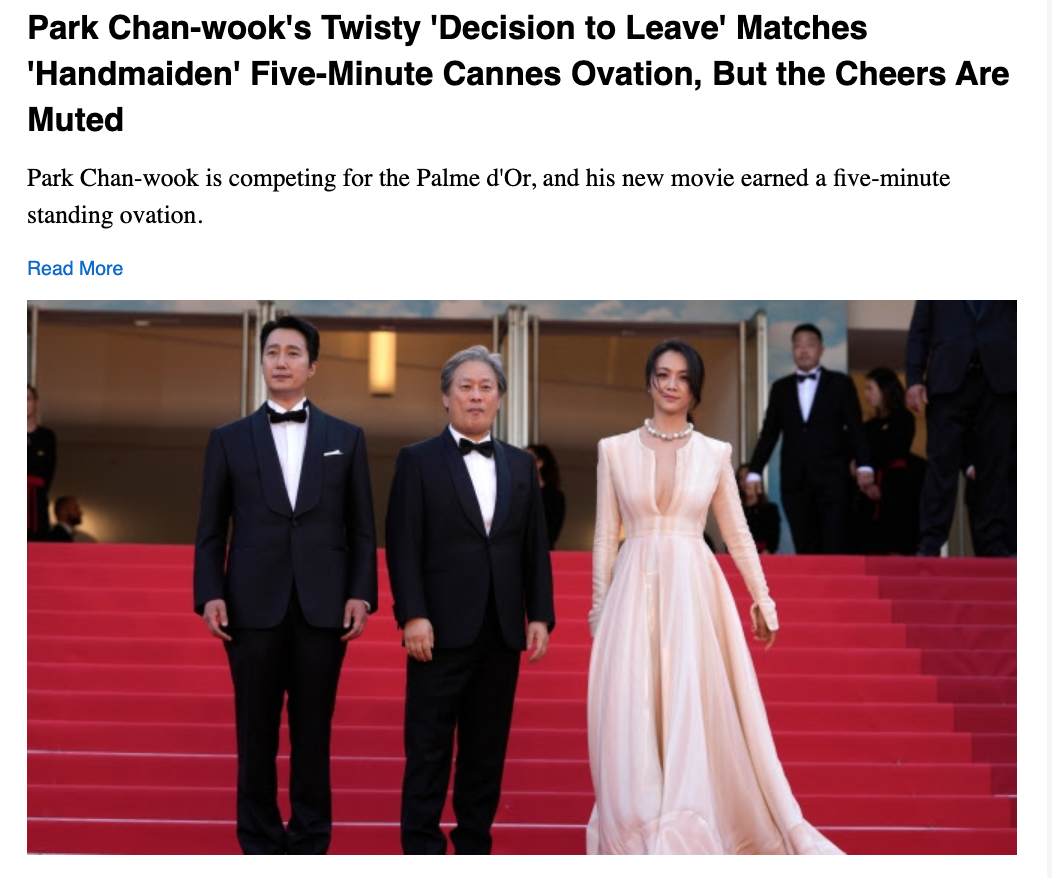Anthony and Joe Russo, directors of The Gray Man (Netflix, 7.22), have said that William Friedkin‘s To Live and Die in L.A., (’85) was an influence in the making of their new film, which struck me as wholly uninvolving and spiritually dead in a Grand Theft Auto sort of way.
Late yesterday afternoon a friend and I caught a screening of Friedkin’s film at Netflix’s flagship theatre in Manhattan, the Paris on 58th. It was my third or fourth viewing but my first in a theatre since ’85, and I was fairly blown away by the clarity of the screenplay, which was co-authored by Friedkin and Gerald Petievich.
Not only can you actually hear and understand the dialogue but — bonus! — you can follow the story on a plot point-by-plot point basis. The vast majority of today’s action thrillers are deliberately written in order to keep the viewer “behind” the narrative — you’re never completely on top of what’s going on, the nagging questions are never answered until the end and sometimes even a climactic windup isn’t enough due to sloppy confusion or loose ends.
To Live and Die in L.A. employs the same narrative discipline that Friedkin used in The French Connection, The Exorcist and Sorcerer. Shot in late ’84 or early ’85, but every inch a “’70s film.” At least by my understanding of that term.
And everyone is so young. William Petersen, pushing 70 as we speak, was 31 or 32 during filming, but he looks a good five years younger than he did as FBI agent Will Graham in Manhunter (’86). Willem Dafoe was 29 during filming, but he looks like a teenager. I didn’t like John Pankow‘s candy-ass treasury agent when I first saw this, but I still don’t like him today…he’s playing a wimpering little girl. Costar Dean Stockwell was in his late 40s. As Petersen’s blonde, hard-luck girlfriend, Darlanna Fluegel was intense and believable. Her career was in good shape throughout the ’80s and early ’90s, but she was diagnosed with early onset Alzheimer’s in ’09 and died in 2017 at age 64.



